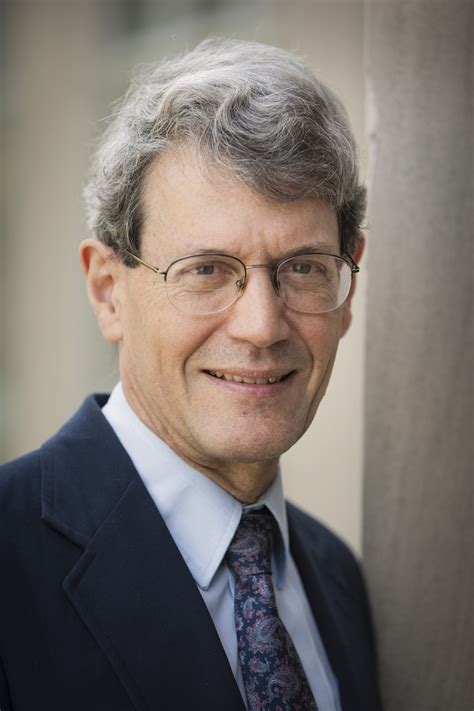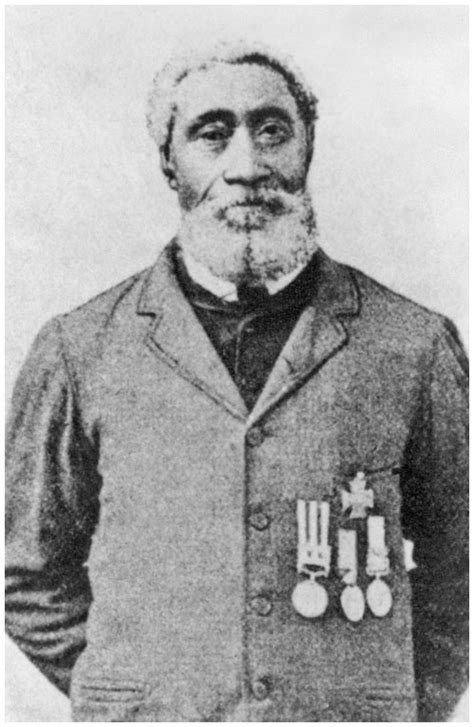Цитата Джона Маккейна
Но мы должны помнить, когда спорим о наших различиях, которые нас гораздо больше объединяют, чем разъединяют. Следует также отметить, что наши различия по сравнению с различиями во многих, если не в большинстве других стран, меньше, чем мы иногда себе их представляем.
Связанные цитаты
Давайте не будем закрывать глаза на наши разногласия, но давайте также обратим внимание на наши общие интересы и на средства, с помощью которых эти разногласия могут быть разрешены. И если мы не можем положить конец нашим разногласиям, мы, по крайней мере, можем помочь сделать мир безопасным для разнообразия. Ибо, в конечном счете, наша самая общая связь заключается в том, что мы все живем на этой маленькой планете. Мы все дышим одним воздухом. Мы все дорожим будущим наших детей. И все мы смертны.
Будь мы христианами или мусульманами, националистами, агностиками или атеистами, мы должны сначала научиться забывать наши различия. Если у нас есть различия, давайте отличаться в шкафу; когда мы выйдем вперед, пусть нам не о чем будет спорить, пока мы не закончим спорить с этим человеком. Если бы покойный президент Кеннеди мог встретиться с Хрущевым и обменять немного пшеницы, у нас определенно было бы больше общего друг с другом, чем между Кеннеди и Хрущевым.
Иногда различия возникают частично из-за неполной информации. Мы конечны. И надо признать, что бывают случаи неопределенности. Но часто различия обостряются из-за скрытых под поверхностью греховных наклонностей, склоняющих нас предпочитать собственные идеи и не подчиняться тому, что менее удобно. Мы должны быть осторожны, обвиняя кого-либо еще в грехе. Мы не знаем сердца людей. Но мы также должны избегать наивности в отношении коварства греха и развращающего воздействия греха на разум — на наш собственный разум, а не только на разум другого человека.
Многие из нас всю жизнь пытались быть теми, кем мы не являемся, чувствуя себя паршиво, когда терпели неудачу, а иногда и когда добивались успеха. Мы скрываем наши различия, когда, принимая и отмечая их, мы могли бы сотрудничать, чтобы сделать каждое усилие более захватывающим, продуктивным, приятным и мощным. Лично я думаю, что мы должны начать прямо сейчас.
Идеальный мужчина должен говорить с нами, как с богинями, и обращаться с нами, как с детьми. Он должен отказывать во всех наших серьезных просьбах и удовлетворять каждую нашу прихоть. Он должен поощрять нас к капризам и запрещать миссии. Он всегда должен говорить гораздо больше, чем думает, и всегда иметь в виду гораздо больше, чем говорит.
Когда мы говорим о чем-то вроде студенческих кредитов, мы должны иметь в виду тот факт, что каждый американец хочет, чтобы его дети учились лучше, чем мы. Если мы сможем получить это, то еще одна вещь, которую мы действительно хотели бы, это чтобы наши дети могли вернуться домой и воспитывать своих детей в обществе, где мы их вырастили. Что объединяет всех нас, независимо от того, в какой стране вы живете, так это то, что мы хотим, чтобы наша семья была в безопасности, мы хотим, чтобы следующее поколение в нашей семье было более успешным, чем мы, и мы хотели бы, чтобы наша семья была сплоченной.
Многие из нас всю жизнь пытались быть теми, кем мы не являемся, чувствуя себя паршиво, когда терпели неудачу, а иногда даже когда добивались успеха. Мы скрываем наши различия, когда, принимая и отмечая их, мы могли бы сотрудничать, чтобы сделать каждое усилие более захватывающим, продуктивным, приятным и действенным. Лично я думаю, что мы должны начать прямо сейчас.
Я думаю, что одна из самых важных вещей, которые мы можем сделать как феминистки, — это признать, что, несмотря на то, что у нас есть общее женственность, мы должны начать думать о том, чем мы отличаемся, как эти различия влияют на нас и какие виды потребностей, которые у нас есть, основанные на наших различиях.
Идея равенства понимается неправильно. Я бы никогда не стал утверждать, что все одинаковы, но различия не должны быть иерархическими. Отношение и ожидания были навязаны как мужчинам, так и женщинам. Например, до появления женского движения мужчины почти не занимались воспитанием своих детей. Женское движение дало возможность мужчинам стать более активными отцами. Мы живем в переходный период, но изменения могут происходить гораздо медленнее, чем нам хотелось бы, с непредвиденными последствиями, а также могут происходить незаметно для нас.































